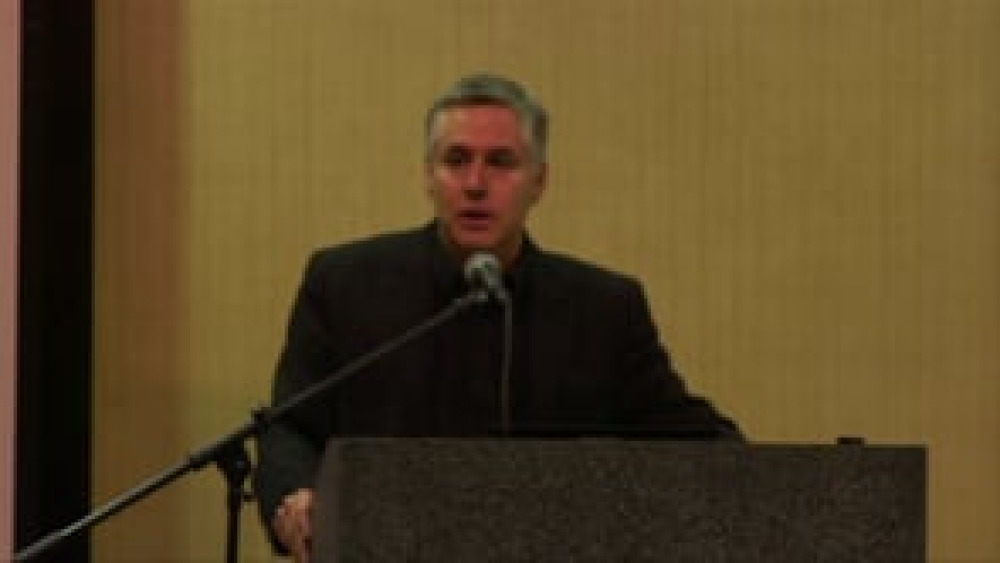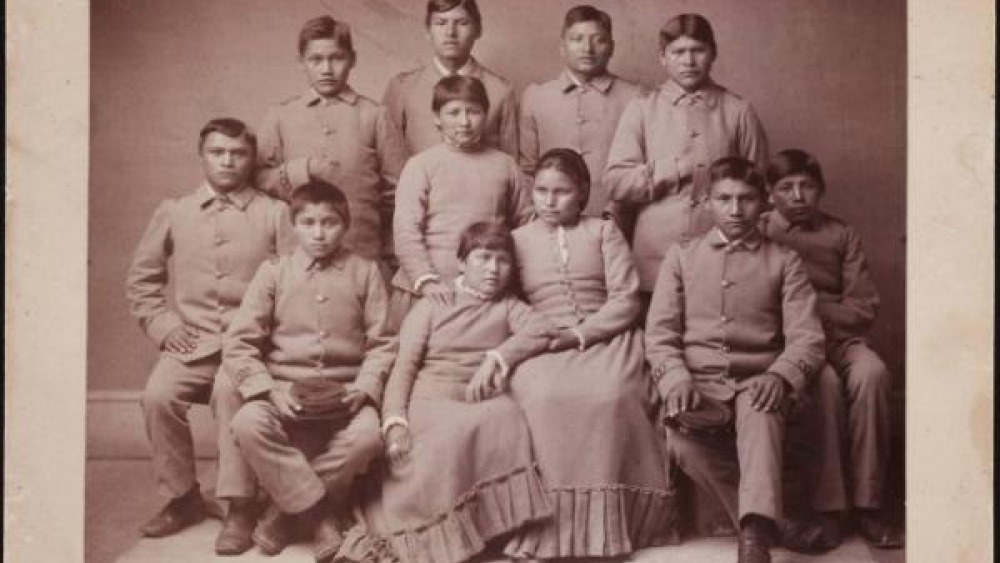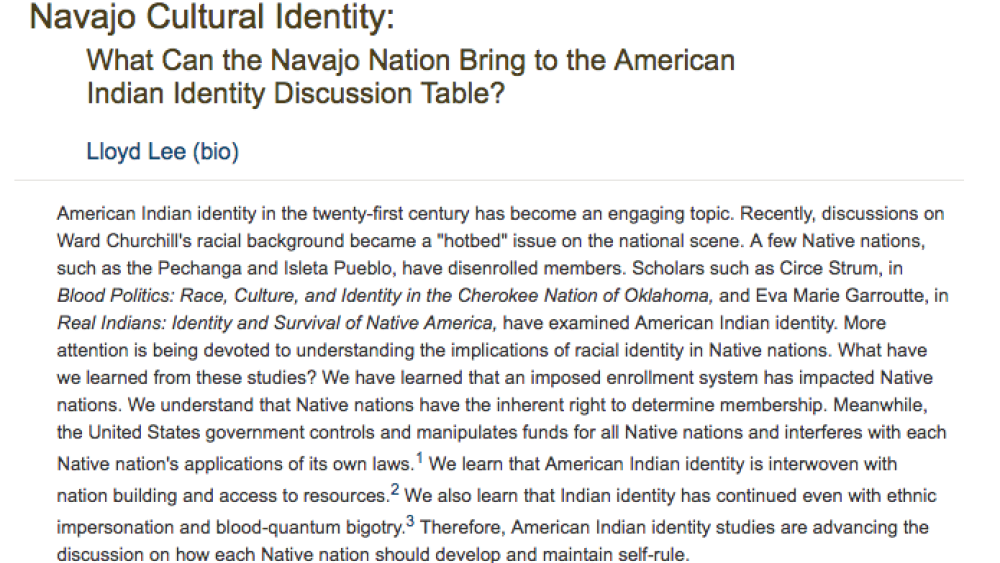"One of the key elements or one of our key pillars of course are our people, and our people embody our language and culture and you don't have a choice what you're going to be born as. Any of our people, when they're born, we're Ktunaxa, just as Italians are Italians and it doesn't matter if they marry a Chinese [person], it doesn't change them from being Italian. Well, same thing with us. And there's been so much interference from the government in terms of our own Aboriginal identity, Indigenous identity -- and I'm talking about all governments, not just in Canada -- that I think that one of the key elements of rebuilding nations is to take back ownership of the recognition of our own people..."
Additional Information
Pierre, Sophie. "Enacting Self-Determination and Self-Governance at Ktunaxa." Leading Native Nations interview series. Native Nations Institute for Leadership, Management, and Policy, The University of Arizona. Phoenix, Arizona. October 21, 2008. Interview.
Transcript
One of the key elements or one of our key pillars of course are our people, and our people embody our language and culture and you don't have a choice what you're going to be born as. Any of our people, when they're born, we're Ktunaxa, just as Italians are Italians and it doesn't matter if they marry a Chinese [person], it doesn't change them from being Italian. Well, same thing with us. And there's been so much interference from government in terms of our own Aboriginal identity, Indigenous identity -- and I'm talking about all governments, not just in Canada -- that I think that one of the key elements of rebuilding nations is to take back ownership of the recognition of our own people. And I know that it creates difficulty because there's a lot of...there's very few pure blood as you would imagine, as you could say in this day and age just because of all the interaction that we've had with the rest of the world. But that doesn't take away from someone who can trace their ancestry...if you can trace your ancestry to being Ktunaxa, then you're accepted as Ktunaxa. I've mentioned before that our language and culture is very important and in the Ktunaxa language the word for our ancestors is '[Ktunaxa language]' and the root word of that '[Ktunaxa language]' comes from '[Ktunaxa language],' which is a root. You talk about the roots of a tree and any kind of a plant it's '[Ktunaxa language]' and when you put those two words together '[Ktunaxa language],' meaning 'our roots.' And so if you can trace your ancestry to being Ktunaxa, then that's who you are and you're accepted as such.



